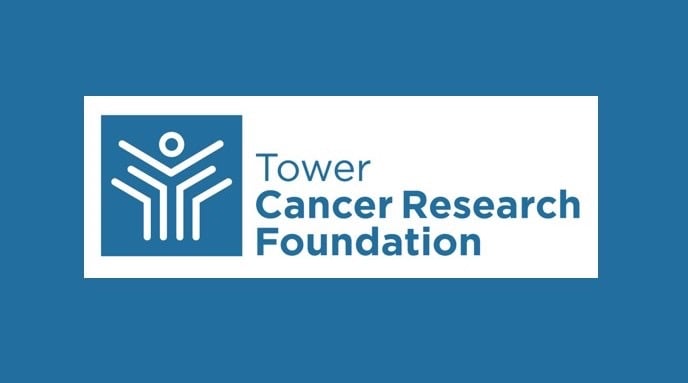Prescient Minds Needs Assessment on Male Survivorship
Tower hosted a men’s survivor breakfast beginning in 2018, but attendance declined after the event moved to Zoom during COVID. TCRF leadership believed there were better ways to reach men but weren’t sure where to begin. They commissioned Prescient Minds to conduct a needs assessment to identify how they could better leverage its resources to serve male survivors.


What We Learned
Navigating survivorship care after cancer is difficult for everyone—but especially for men, who are less likely than women to seek out help, not as comfortable sharing emotions, and are less likely to educate themselves on literature related to their diagnosis. The problems of cancer (sexual, financial, emotional) are potentially emasculating, and men are more likely to embrace stoicism, which in survivorship is a maladaptive behavior.
Psychosocial Support Is Critical—and TCRF can help address the Gender Gap
Men have a higher cancer mortality rate than women (189.5 vs. 135.7 per 100,000). One of the most significant gender differences post-treatment lies not in medical care but in psychosocial support. Strengthening this dimension for men aligns directly with TCRF’s mission to improve survivorship outcomes.
Magnolia House Isn’t Speaking to Men
Every male participant we spoke with viewed Magnolia House as a space primarily for women—reinforced by its name, visuals, and marketing. Although classes are co-ed, entering Magnolia House felt like entering a female space. There is an opportunity to create a dedicated space or initiative, eg, an “Iron Ribbon” wing, to help men feel a sense of belonging. Building this community could engage current members and serve as a vehicle for new fundraising.
Men Respond to Alternative, Expert-Led Programs
TCRF’s GRACE program has the highest male enrollment of any of TCRF’s offerings. Men consistently show up for expert-led programs that provide spiritual, emotional, or mental guidance more than other programs. While support groups can be powerful and helpful, many survivors are better able to express and find meaning in their experiences through art, writing or music rather than direct discussion.
Expanding Clinical Trial Access unites Survivorship, Research, and Equity Goals
Expanding access to clinical trials falls at the intersection of TCRF’s core missions. Increasing enrollment from underserved populations (including but not limited to men) improves equity, ensures studies reflect the diversity of the broader population, and maximizes the impact of new treatments. While outside the scope of men’s programming, it unites TCRF’s core missions of advancing research and survivorship with leadership's goal of advancing health equity.


